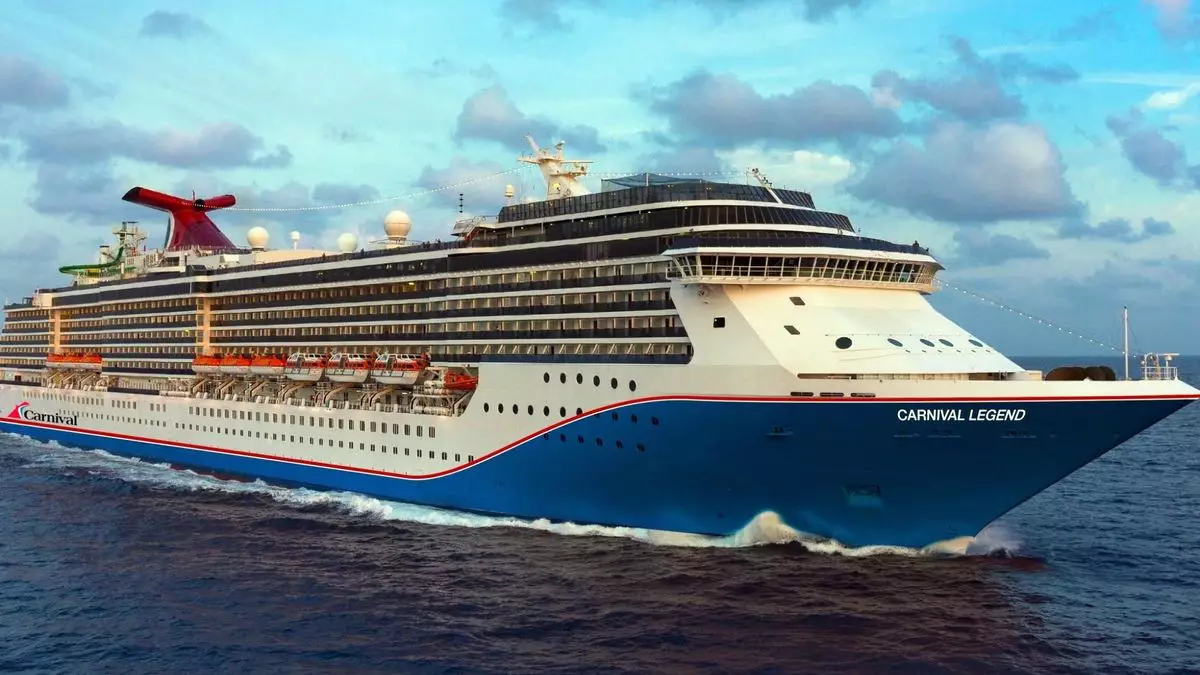Carnival Cruise Line has recently announced an overhaul to its policies governing the accommodation of young guests aboard its ships. Aimed at enhancing safety and family unity, the new regulations will come into effect on February 1. The adjustments primarily impact children aged 14 and younger, mandating that they share a cabin or have a connecting cabin with a guardian or relative aged 25 or older. This move represents a significant shift from the previous allowance, which permitted younger guests to reside across the hall or next to their guardians. Such changes invite scrutiny regarding their practical implications for traveling families.
Under the revised rules, minors aged 14 and younger must be in close proximity to a designated adult, which underscores Carnival’s commitment to ensuring the safety and supervision of its younger guests. By enforcing such a stipulation, the line acknowledges the importance of guardianship during travel, especially in environments as dynamic as cruise ships where mobility and leisure activities can pose risks. Critics might argue that this policy could lead to inconvenience given that it limits the flexible accommodation arrangements that families could have previously availed themselves of. Yet, this change may ultimately provide peace of mind for parents concerned about the safety of their young travelers.
For adolescents between the ages of 15 to 17, the policy remains relatively unchanged; they can still be housed up to three staterooms away from their guardian. However, an added stipulation requires these minors to be officially documented as traveling companions with their adult chaperone. This added documentation component raises questions about the administrative burden it may impose on booking agents and families alike. Although the structure for guests aged 18 to 20 remains liberal—allowing them to book independently—it’s critical that their reservations still acknowledge the adult’s presence.
Parents and guardians planning a Cruise Line vacation will need to adapt to these changes during their booking process. The newly introduced requirement that all cabin numbers for travelers under 21 must be specified furthers the trend of risk management in the cruise industry, promoting early planning and clear documentation. Moreover, the prohibition on TBA (to be announced) arrangements signifies a move toward meticulous organization in booking travel accommodations—an advantageous direction as it could streamline operations onboard.
Overall, Carnival Cruise Line’s newly amended policies highlight a broader commitment to safety while addressing the needs of traveling families. Although they may introduce certain challenges in terms of logistical coordination, these guidelines reflect an adaptive approach to an evolving travel industry, focusing on ensuring the welfare of all guests, particularly the younger ones. As families prepare to navigate these new regulations, they may find that the increased emphasis on oversight enhances their overall cruise experience.


Leave a Reply